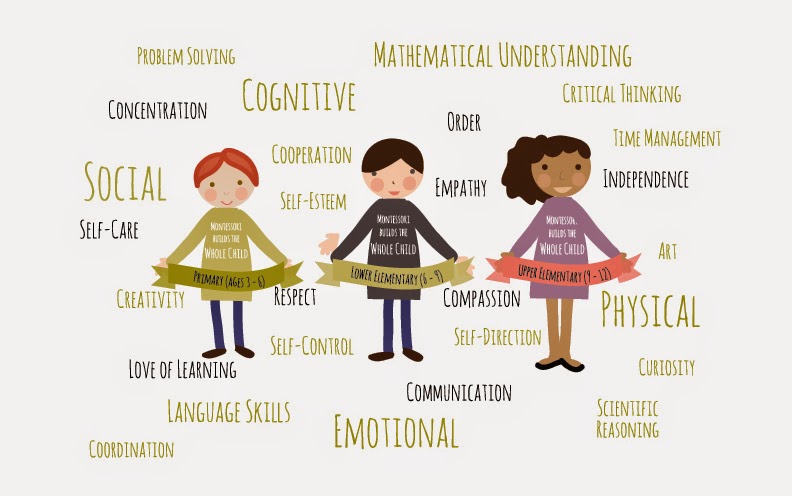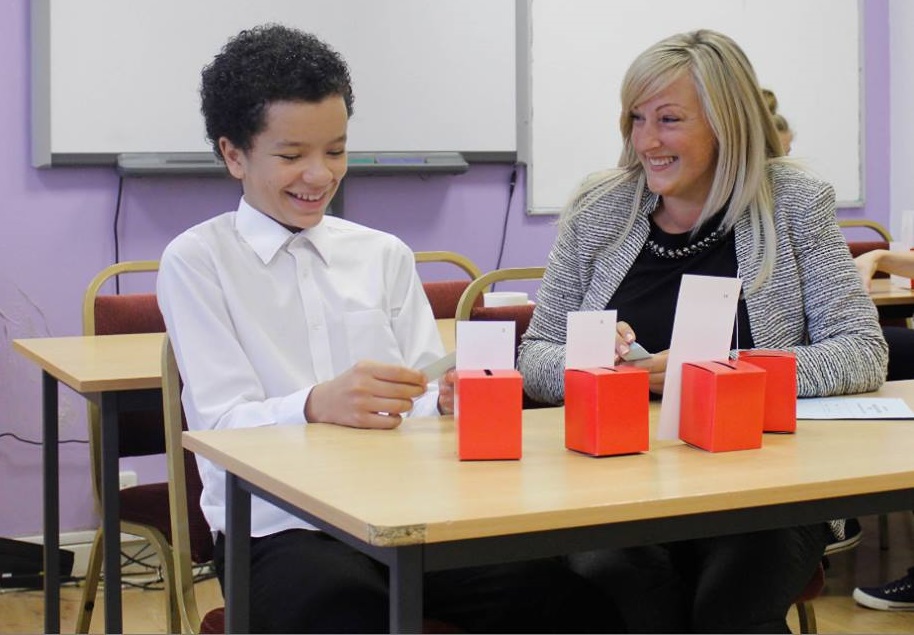How a psychological assessment can help you to better understand your child’s needs
Psychological assessments can be beneficial for many aspects of your child’s life – for example, they can bring about improvements in your relationship with them, their relationships with others and positively impact their progress at school. Results of a psychological assessment can lead to an increased understanding of your child’s needs, allowing you to provide effective support and the school to create accurate and helpful strategies that guide learning and help your child maximise their potential.

It can be a real ‘light-bulb moment’ when your child realises they are not struggling due to a lack of intelligence, they just learn best in a different way to their peers.
The importance of psychological assessments
Understanding your child’s needs is more important today than ever before, as the National Institute of Mental Health (NIMH, 2016) found 49.5% of 13 to 18 year olds will experience some form of mental disorder in their lifetime and 22.2% will suffer more severe psychiatric disorders. Even more shockingly, 10% of children between the ages of 5 and 16 have been found to have a clinically diagnosable disorder (Mental Health Foundation, 2008).
Mental disorder: Any mental illness (AMI) is defined as a mental, behavioural, or emotional disorder. AMI can vary in impact, ranging from no impairment to mild, moderate, and even severe impairment (e.g., individuals with serious mental illness as defined below). Severe psychiatric disorder: Serious mental illness (SMI) is defined as a mental, behavioral, or emotional disorder resulting in a serious impairment in functioning, substantially interfering with or limiting one or more major life activities. The two most common SMI being schizophrenia and bipolar disorder. (NIMH, 2016)
Psychological assessments are crucial in limiting the impact your child’s unidentified needs can have on both their academic and social progress. This is because results from psychological assessments often carry weight within the education and health system, informing the support put in place for your child to thrive. Identifying your child’s needs and having an accurate understanding of their strengths and weaknesses can allow you to create a care plan for your child or young person, allowing them to flourish.
Benefits for your child
Sharing results from a psychological assessment creates an understanding of your child’s needs, allowing you to put positive coping strategies in place to support your child. This, in turn, will help to reduce your child’s stress and improve their sense of wellbeing.
In terms of education, it can be a real ‘light-bulb moment’ when your child realises they are not struggling due to a lack of intelligence but maybe just learn in a different way to their peers e.g. visually rather than auditory. Once your child masters their unique learning style, you will see them really begin to thrive at school.
Benefits for you
It can be really difficult when you don’t know what your child needs or how to explain to them what is happening.
Unidentified needs can add strain onto parents and caregivers who just want to help their child and this strain is difficult to live with, especially when it’s not necessary. I believe the most important benefit of psychological assessment is the understanding we can provide you with. This understanding will give you an insight into your child’s behaviours and how you can best support them at home and at school to ensure they feel happy, safe and ready to take on life’s challenges.
Benefits for your child’s school
Knowledge and recommendations from a psychological assessment can be used by your child’s school to put effective strategies in place and increase understanding. Effective input can improve grades, reduce disruptive behaviours, and increase the enjoyment your child gains from education. Through an increased understanding of needs, teachers feel more empowered to meet your child’s needs and help them to maximise their potential.
Which psychological assessment is best for my child?
There are many different kinds of psychological assessments out there that should cover all of your child’s needs – including (but not limited to; dyslexia, learning difficulties, autism spectrum conditions (ASC) and mental health difficulties). To see a comprehensive list of our assessments, check here.
The assessment process
If you are concerned about what the assessment process would look like and whether it would be suitable for your child, let me break it down for you:
Before an assessment
Before an assessment we would ask that you, as a caregiver:
- Present us with enough background information to allow us to best understand your child’s needs and prepare for our meeting
- Complete a referral form, summarising issues you would like addressed and what you would hope to gain from the process
- Provide a signed consent form
- Come in and meet with us for an initial discussion to outline the basics of what we can do and how we can help
- Agree on where to go from here – create a plan for next step recommendations
This allows us to give you a unique service, that fits the individual needs of your child and make the best plan for moving forward positively.
During an assessment
Each assessment varies in content, depending on the type of assessment and your child’s specific needs. For example some may involve an observation with the child, a parent questionnaire or a direct assessment with the child. Assessments can also take place in a multitude of different settings – whether it be at home, at school or in a community environment, depending on the circumstance. Feel free to ask questions or for clarification if you don’t understand something, you are an important part of the process and any psychologist would be more than happy to clear things up for you and squash any concerns you may have.

After an assessment
After an assessment you will be provided with:
- A summary of the results
- The option to purchase a full report
- A suggestion of future steps and recommendations
Your psychologist will address your child’s identified needs and construct an effective intervention method tailored to your child’s needs to help them flourish. Interventions are designed to help your child build upon and expand their strengths and tackle their weaknesses so that they become less of a barrier to their achievement.
If you have any questions or would like more information on this topic, follow the link below and get in touch!











